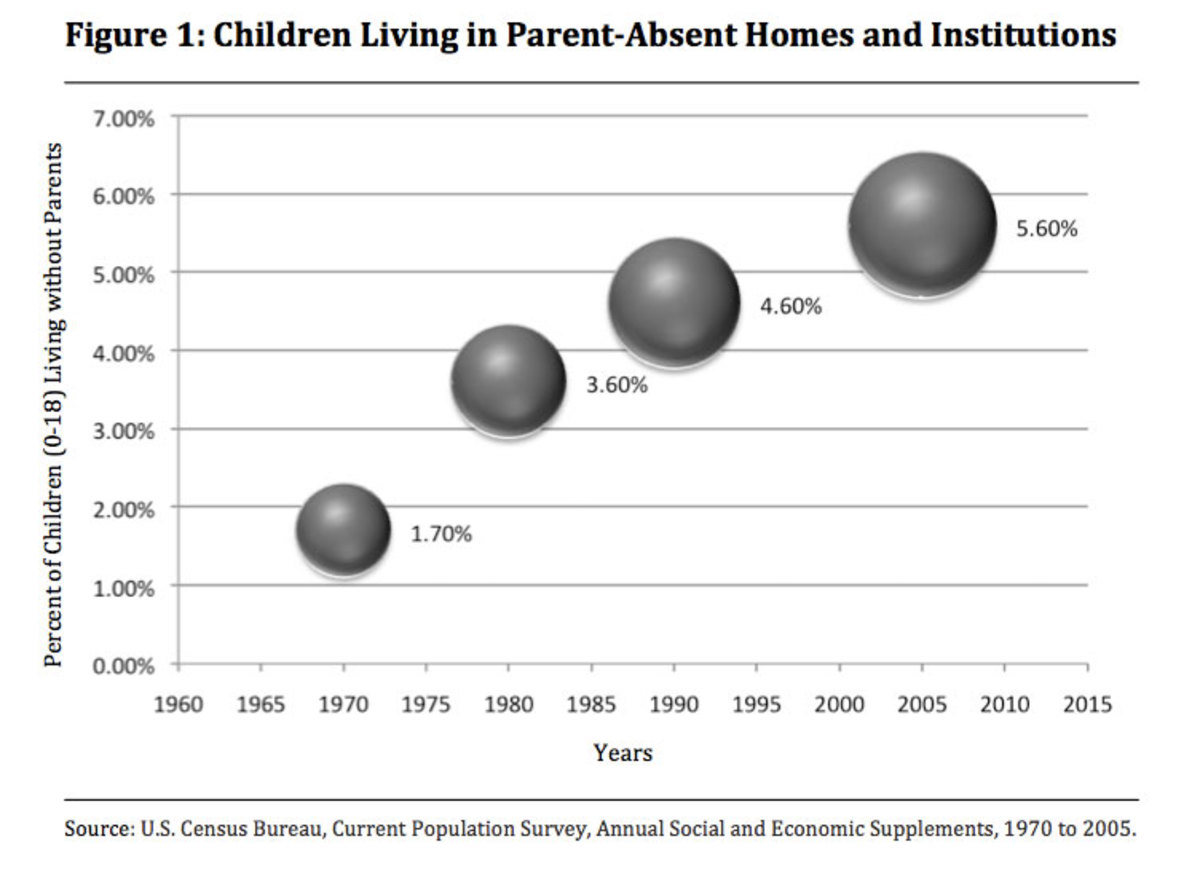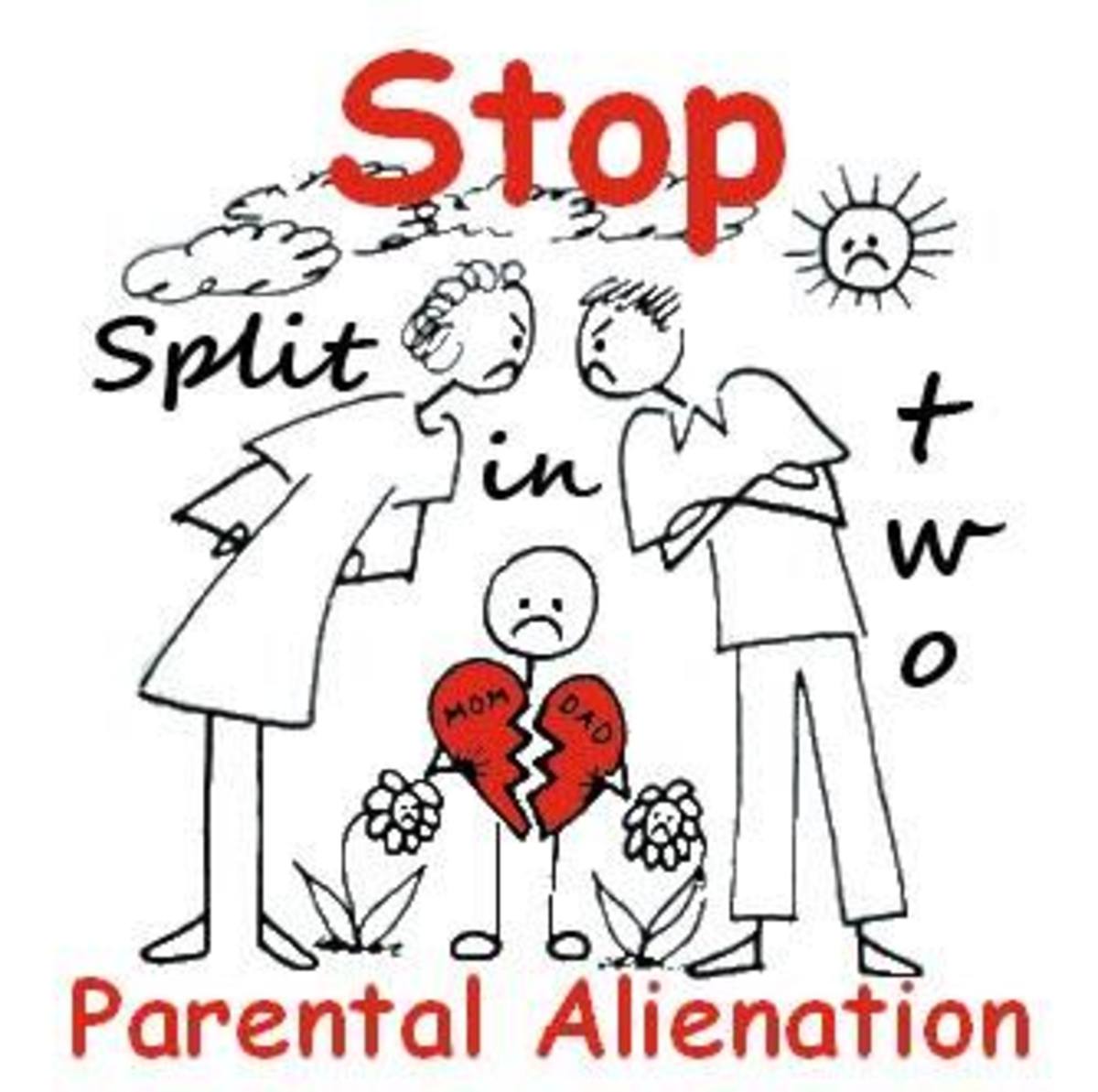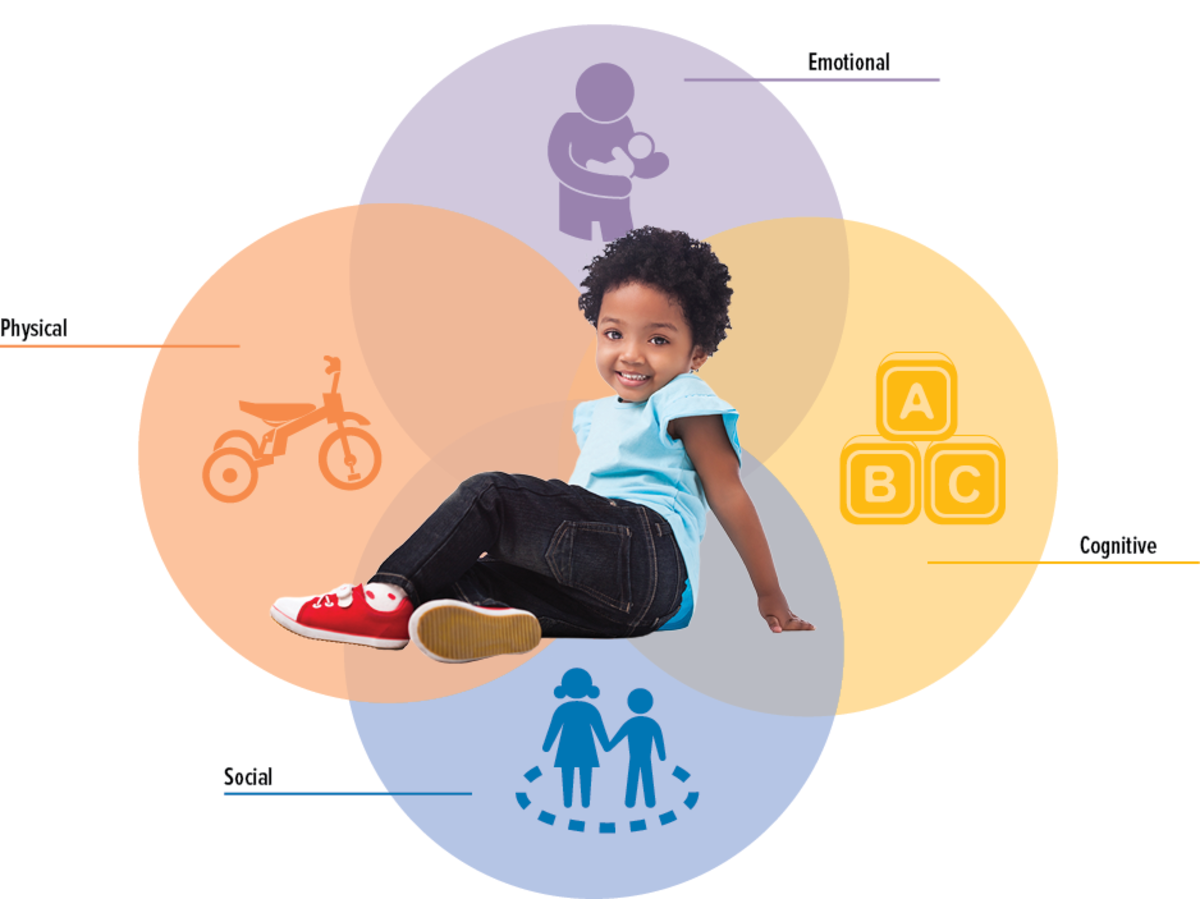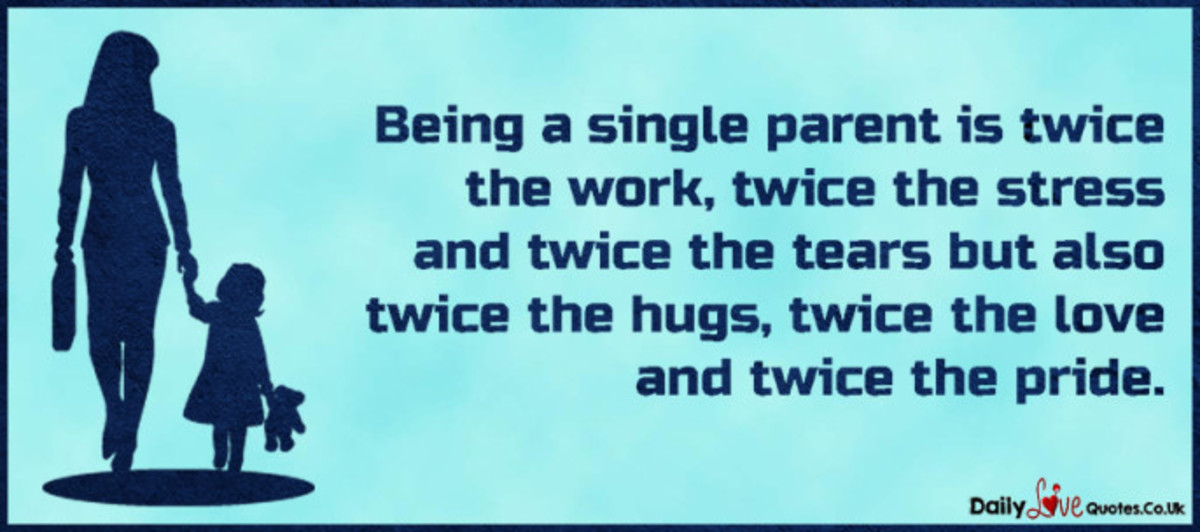Divorce, parents and children
There are many different relationships that people have with their former spouses. I will comment on the many different kinds of relationships that I have seen between ex-spouses.
The equal partnership. This, I would think, is the best of relationships for the children involved in a divorce. If there are no children, then there truly is no warranted need to continue any kind of contact with an ex. Children, however, complicate things because not only did you go through a divorce, but your children did as well. Children feel helpless enough in their lives. Going through separations and divorces leave them feeling as if they have no voice. No choices. Unless there is a lot of open communication and possibly some professional intervention, the pain of your choices will leave scars that may last into your own child’s relationships in their future. If two people can kindly interact and discuss items rationally pertaining to situations that involve the children and work out time spent with parents that involve the kids, then the damage can be quite minimal for a child. This does not mean that one parent controls the other. That would not be an equal partnership! Both parties can talk about their needs, their children’s needs and how they can peacefully come up with an agreeable arrangement. There are no winners. The main focus is kept on how to let the children know that people can separate amicably.
The one-sided partnership. This seems to be a very prevalent model that is seen in many divorces. One of the partners controls the decisions; often using the children as bait or, unfortunately, as weapons in order to get the other partner to do what they want. Fights are common. Discussions are not. One person dictates to the other what they want and the receiving end will end up complying in order to keep peace between them. This is often done out of fear that they won’t be able to have a good relationship with their kids if they stand up to their ex. They are most concerned with avoiding conflict; as realistically, some ex-spouse’s thrive on their own narcissistic behaviors. The children end up losing more with this type of relationship as they can clearly see the power the one parent has over the other. It is painful for them to watch, even though they appreciate the extra time with the parent acting as prey. However, this type of modeling is often transferred to the child which will either be imitated or sadly, the child will end up being the controlling person in their own relationships because they have a need to be in control and want to be different from the weaker parent.
The non-talking/non-viewing partnership. In this model, the children suffer the most. The children act as the adult, relaying messages back and forth to each parent. They are more like delivery doves instead of kids. Neither parent wants to talk to the other, let alone spend any time with the other. Therefore, the children are expected to plan schedules, present them to each parent, minimize arguing and set the parameters. Adults don’t realize how fatiguing and emotionally difficult this is to a child. Children in situations such as these, often look for outlets when they get older. They haven’t had a true childhood because they had to play adult for much of their life. They may begin to explore ways that they can release their anxieties. This can involve early sexual contact, drugs, drinking or looking for groups of peers that live in a similar type of situation. Does this mean that all children in this type of lifestyle do this? Absolutely not. Children in any of these models can fall victim to bad choices. Personality, genetic disposition and environment all influence kids in their decision making. Some children can rise above temptations. The point I am trying to make is that children of divorce have enough of their own issues. Expecting them to share your opinions and carry out your requests for interacting with your ex can only amplify their stresses.
The absentee parent. Some divorces end up with one parent being invisible. This happens more frequently than you know. Either the marriage was corrupt before pregnancy, the pregnancy was not wanted or the marriage dissolved after the child was born. Some people find they cannot handle being responsible for themselves, let alone another individual. The saddest part of this is how the child grows up with a missing part of their identity. I won’t be so naive to believe that all parents should be involved in the lives of their children. Parents that commit heinous crimes, are abusive or immoral are not good role models and it is understandable why some parents choose to remove their children from such an environment. However appropriate or inappropriate the missing parent is, your child will be growing up wondering how they may be like this parent. Will they make the same mistakes or are they different; where they will rise above the stigma that was left on the family? It is important to provide open and honest communication with the child. As they age, their questions will become more mature. They will set the stage for your answers. Even children that have grown up in abusive households don’t want to be taken away from the parent. The idea of home and family is promoted within books, television and movies. To be removed from a unit that resembles any type of grouping leaves the child feeling as if they are now disconnected from not only societal values but from any hope that their own environment will improve and meet society’s standards of what a family should be. In situations like this, help from school social workers and outside therapists assist children by grouping them with children experiencing similar issues. Talking openly about your child’s feelings and acknowledging them also empower children. Not all problems have solutions. We as adults have learned that to be painfully true.
The newly coupled parent. Children hold the hope that someday, no matter how destructive the relationship may have been, that their parents will reconcile. Parents often look for another person in which to spend their time and perhaps, upcoming years with. Children react in many ways. There may be open acceptance and excitement. There may be sullen behavior and power struggles. There may be indifference. Whatever the greeting toward a new partner, children will often set the stage for upcoming gatherings. Everyone hopes that pleasantries will be exchanged and resistance will be minimal. My suggestion would be to work on the relationship before bringing children into it. Make sure that you as a couple know that you want to be committed to each other before bringing someone else into your child’s life. Remember, earlier in this book the different levels or steps people take when meeting were discussed. Attraction to each other seems to be the first step everyone goes through. After that, being intimate or getting to know each other comes next. I do know that when we meet someone new and enjoy encounters with them, the beginning of a relationship resembles a full-length, animated feature. Everything is happy, glowing and problem-free. To bring a child or children into your new relationship when you are living in this trance-like stage, would be drastic. It is very difficult to completely envision your new partner as a real person during this time. Instead, they seem more like a super hero. They can do nothing wrong. Everything they say is adorable. This happens with both men and women. Our hormones are doing the moon walk and if intimacy is combined with getting to know the other better, then our good judgement is often mildly impaired. The euphoria that sex and beginning love creates can make the most logical person into a blushing fool. After a few months, your first disagreement and the experiencing of some minor catastrophe, then you can decide if you want to bring your children into your new situation.
My personal experiences have shown me that children are happier when their parent is happy. If they attribute their parent’s new partner to be the reason, they will most likely open their arms and welcome them into their own life as well. The danger of moving too quickly is the breakup. Not only do you find yourself moving on again but your children experience the feelings they had while the divorce was occurring all over again. They have once again lost someone they cared about. Someone that may have been a common fixture in the home. Someone they began to build a relationship with and now, they have no choices again and cannot continue this relationship that had meaning to them. Your children may be understanding and supportive of your decisions. They love you. The constant losses they may experience however, when a parent brings many new people into their lives, can only act as deterrents to them when they become of an age where they want to date. Loss builds mistrust. Loss is similar to abandonment to a child and to many adults as well. I know that I have felt abandoned when I lost someone important to me; whether in death or their own choice. Being an adult, I should have the rational ability to explore my feelings and come to some type of resolution within myself. Children need to be taught how to do this. It is not natural. Even adults seek out counseling or talk to peers to resolve issues within. Children seek acceptance constantly and if they are feeling as if they have no voice and no decision making rights, they may become introverted and suppress these feelings; only to have them resurface when they themselves begin to encounter relationships in their own lives.
There are so many types of ex-couples that could be discussed. I have only mentioned a few. The main point I am trying to examine is the effects of divorce on children. I have made mistakes with my own and luckily, I have always been able to openly discuss my mistakes, my decisions and my remorse of how it may be affecting my own kids with them. I realize not everyone is able to speak to their children as I do mine. Some disagree with my openness and tell me that I am putting adult ideas into younger minds. Any way you choose to discuss endings and loss with your children isn’t inappropriate as long as you keep talking. Acknowledge their feelings. Commiserate with them. Let them know that their opinions are important too, even if what they want can’t influence the outcome. I realize that it’s hard for many of us to come to grips with our own losses; let alone help someone else out with theirs. Just know that it is okay to cry with your children. This is just as important as laughing with them. Stoicism doesn’t promote understanding. It will only lead to confusion and a feeling of dis-attachment from the situation. Open communication and not divulging too many facts can leave your children feeling empowered and validated.
© 2009 Laura Cole









